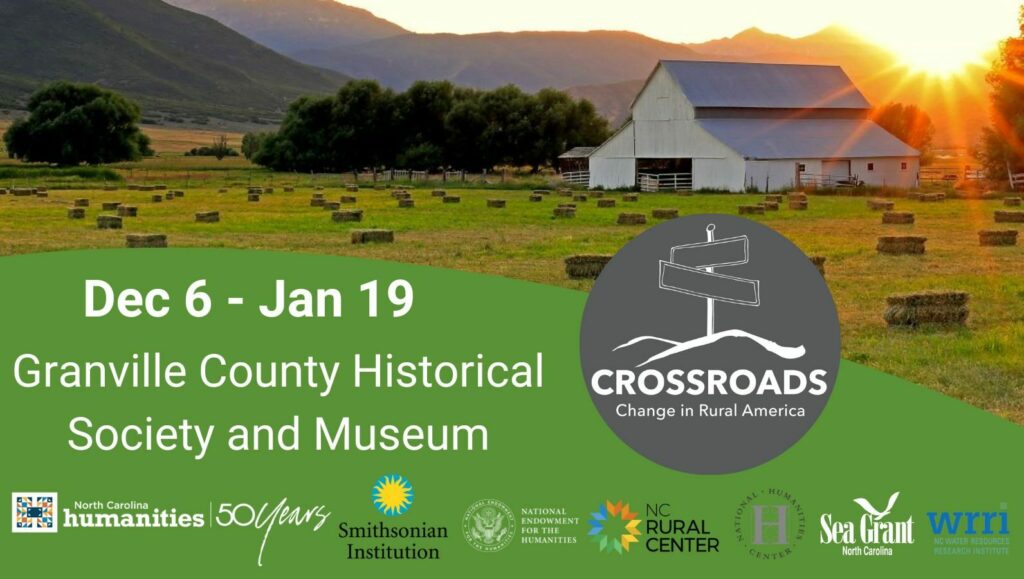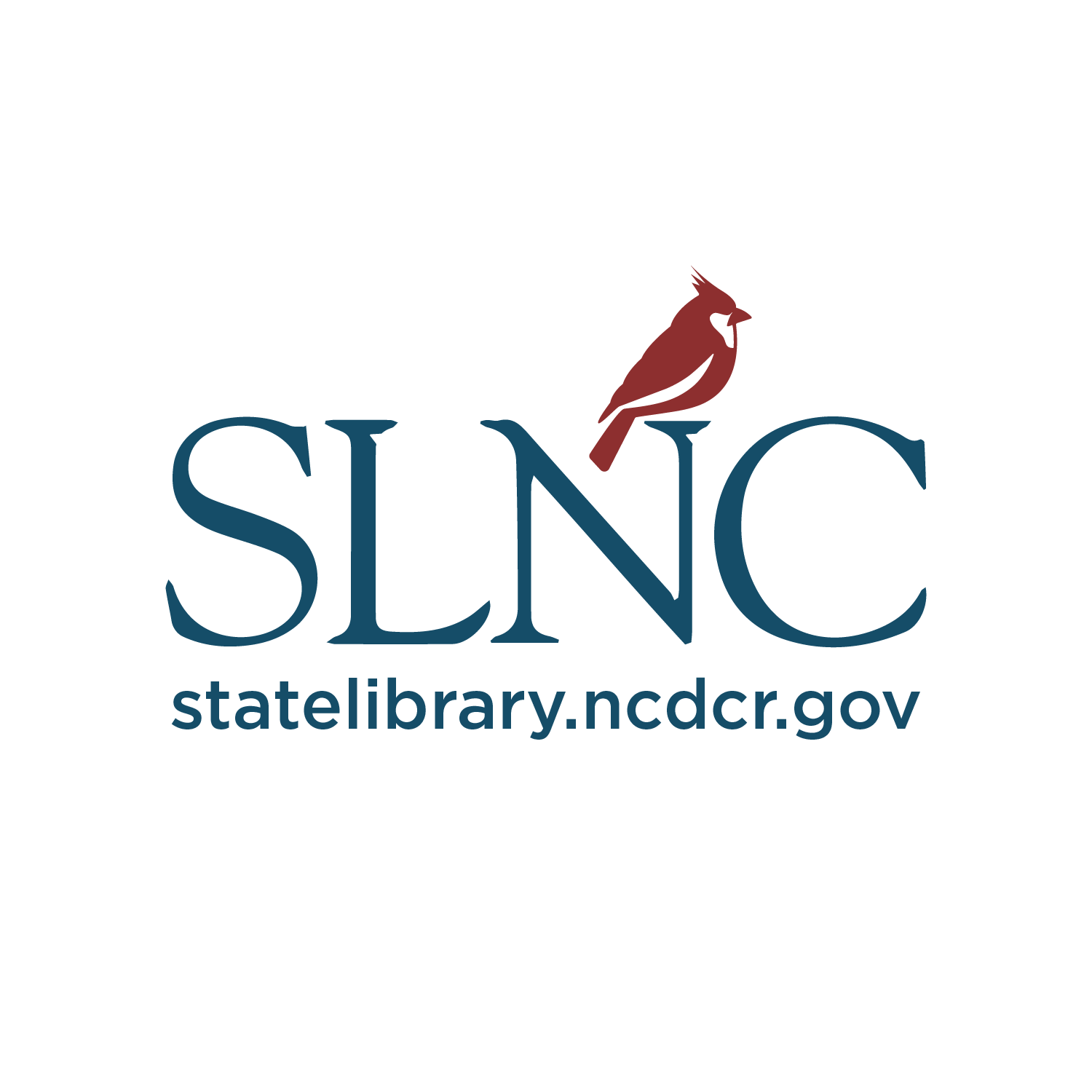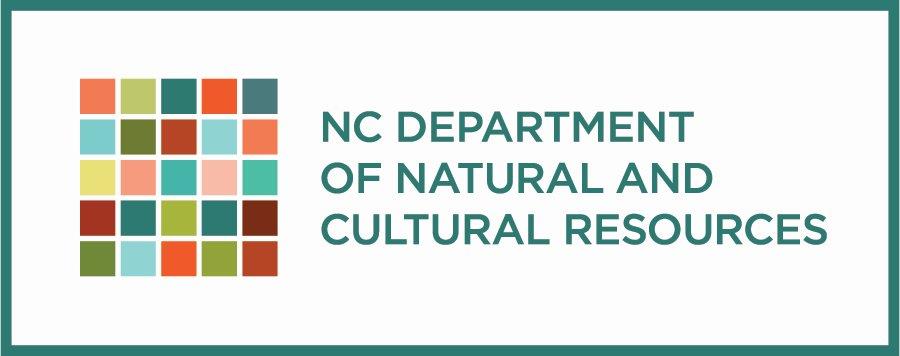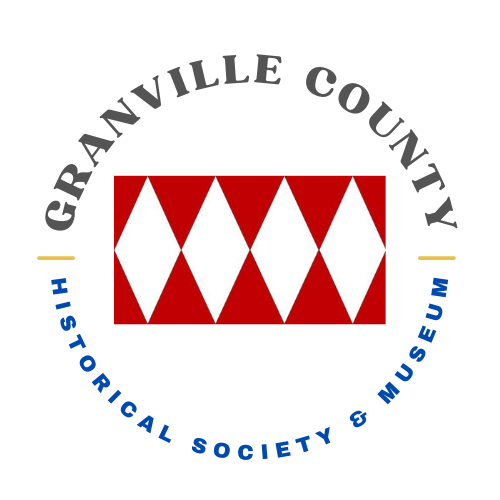 (December 14, 2022) CHARLOTTE, N.C. – North Carolina Humanities is proud to present the Smithsonian Institution exhibition Crossroads: Change in Rural America! The exhibit explores the history of rural America and how rural communities are leveraging their cultural uniqueness as an opportunity for growth and development.
(December 14, 2022) CHARLOTTE, N.C. – North Carolina Humanities is proud to present the Smithsonian Institution exhibition Crossroads: Change in Rural America! The exhibit explores the history of rural America and how rural communities are leveraging their cultural uniqueness as an opportunity for growth and development.
Six venues were selected by NC Humanities to host the exhibit around North Carolina in 2022-2023. As the exhibit travels, we are speaking with team members from each upcoming tour stop to discuss rural North Carolina and what visitors can expect to experience.
Crossroads: Change in Rural America is on display at Granville County Historical Society and Museum in Oxford, North Carolina from December 6, 2022 – January 19, 2023 and is free and open to the public. To learn more about how to visit the exhibit and attend related events and programs in Oxford, visit: http://www.granvillemuseumnc.org/.
We connected with Stephanie May, Executive Director of the Granville County Historical Society and Museum, and Toni Anne Wheeler, Associate Director, to learn more.

Tell us about Granville County Historical Society and Museum.
Stephanie: We are a free cultural asset for our community. Something I’m proud of is that we have a history of being a grassroots organization led by women; women have been key players in establishing what we have today. Granville County Historical Society was incorporated in 1964. They had a dream of establishing a museum for many years, and in 1996 they got the opportunity to do so! The museum began in our 1860’s county jail. Since then, the jail has been remodeled, and there is now a beautiful state-of-the-art permanent exhibit on the county’s history. In 2000, we acquired the building right across from the jail, which was the 1946 freezer locker plant. That is the space that now houses our rotating exhibits, local artwork, and programs for adults and children. It’s also where Crossroads will be!
“Rural” means something different depending on where you are in North Carolina. What do you think “rural” means to your community?
Toni Anne: For us, I think rural has been synonymous with farming, particularly tobacco farming. We also have corn crops, wheat crops, things like that. We have five municipalities in our county, and at the outer edges of each of those, are communities that are very rural. Being a former educator, we used to refer to the community schools out in those outlying areas as “rural schools.” It’s important to recognize the different experiences of and resources available to those children in “rural schools” versus those in our cities.
Today, the face of Granville County is changing all around us. We’ve seen a lot of people moving here to be with family and for work. We also have institutes and services in the surrounding areas that bring people here including Central Regional Hospital, one of three state psychiatric hospitals in North Carolina; Murdoch Developmental Center, one of three state operated developmental centers; and the federal prison facilities in Butner. Here at the museum, we have conversations all the time about the change we’ve seen in land ownership as well. A lot of our rural family farms are being sold to land developers. We’ve had visitors come here and tell us how glad they are to see history being preserved in the museum for future generations that may not get to see this way of life firsthand. Crossroads will help us to have deeper conversations and plan for future exhibits around these topics.
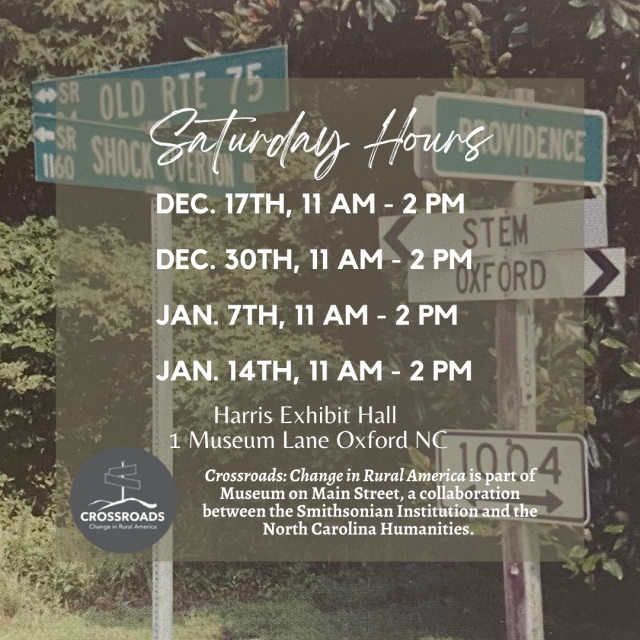 What can people expect to experience when they visit Crossroads in Oxford?
What can people expect to experience when they visit Crossroads in Oxford?
Stephanie: Crossroads will be on display December 6, 2022 – January 19, 2023. Having Crossroads here is a big deal! When we first got the notice, we were in awe of being only one of six to be selected! We will have extended visiting weekend hours and will also host a four-part program series on Granville County history with Mark Pace, our local historian and librarian. One of the biggest projects we are working on is an oral history project. Currently, we are partnering with Nextdoor Radio, one of our local radio sources, and Mark Pace. Together, we are conducting interviews with individuals who were either born and raised here in the county or have moved here recently or years ago. These stories from people of different backgrounds will provide different perspectives about Granville County and capture what it is like to be a resident here. These interviews will be recorded and will play on a projector as part of the Crossroads exhibit. This work and the people we have spoken with have inspired us to continue this project beyond the exhibit tour! We look forward to gathering more stories and making sure that everyone’s voice is heard, whether they have been here for generations or just recently moved here.
What is the best part about living and working in your community?
Toni Anne: I’m from the southern part of the county where my father was the town barber for 60 some years. My grandfather was the chief of police and the fire chief during World War II. I have deep roots there and went on to teach school in the county myself. These connections have made working here really special.
Stephanie: I was born and raised in Oxford. My family came in the late ’70s and started working out in the tobacco fields in Granville County. I was not planning on staying but something brought me back after moving away for a few years. Working at the museum and living here has really made me feel more connected to the area; I’m glad I’m here.
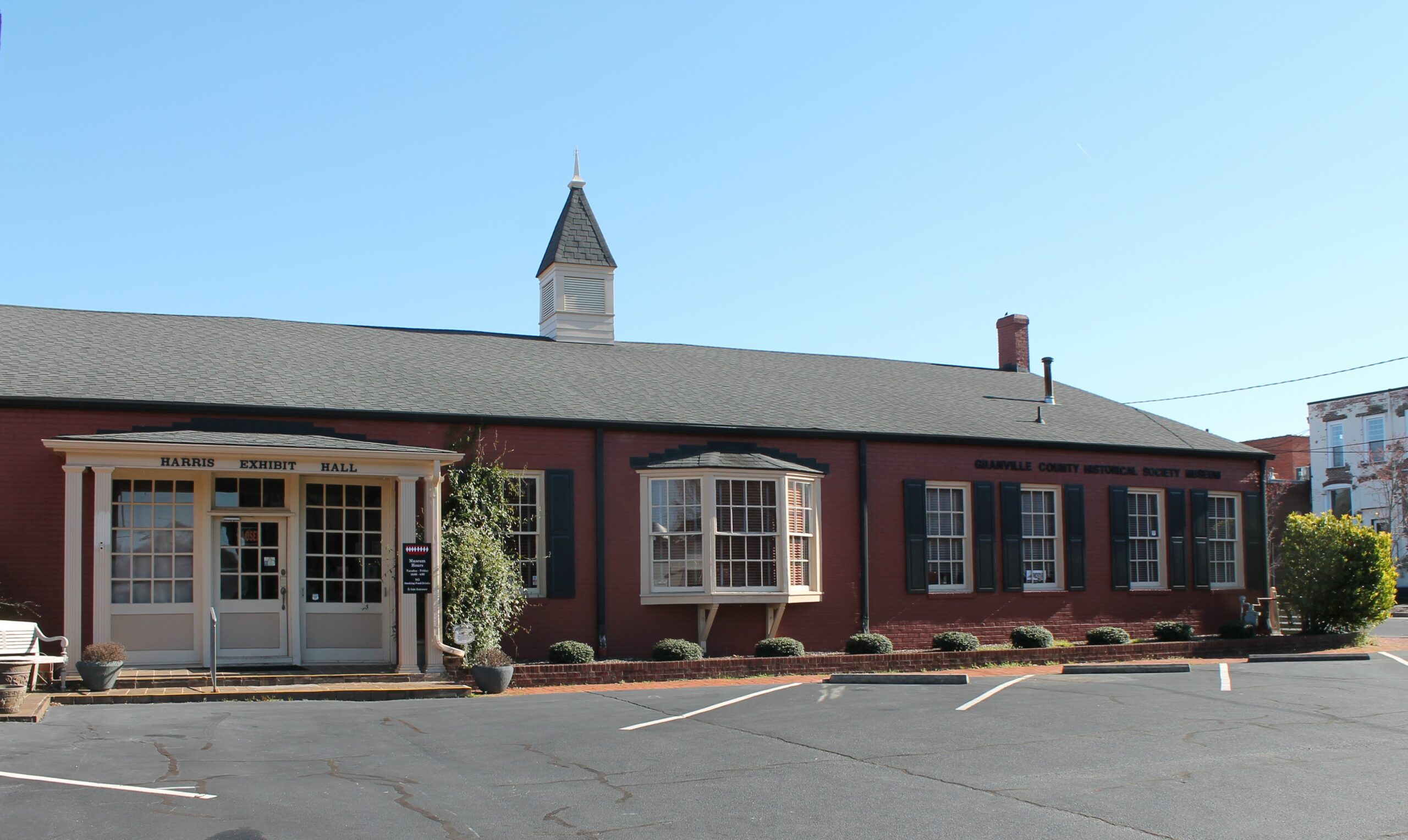
Why are the humanities, museums, and exhibits like Crossroads important?
Stephanie: We need more young people in the humanities. The humanities help us understand who we are, both as individuals and as communities. The humanities and museums help us think about and understand why we are the way we are. We hope our museum can encourage people to have healthy dialogue about those ideas.
Toni Anne: I see libraries and museums as crucial resources. Often libraries and museums are tangible. They are real-life, physical places where people can touch and experience the past, current life, and possibilities for the future.
How can people support Granville County Historical Society and Museum?
Stephanie: You can become a member or donate to the Granville County Historical Society to support the local museum. All donations are tax – deductible. If you have questions, please contact us at 919-693-9706 or museum.granville@gmail.com.
At the Crossroads: Exploring Rural America Blog: As Crossroads: Change in Rural America travels around the state, North Carolina Humanities is speaking with each selected venue to talk about rural North Carolina and what their visitors can expect to experience. Crossroads: Change in Rural America is part of Museum on Main Street (MoMS), a unique collaboration between the Smithsonian Institution Traveling Exhibition Service (SITES), state humanities councils across the nation (like North Carolina Humanities), and local exhibit host institutions. To learn more, visit nchumanities.org.
About the Crossroads tour: North Carolina Humanities’ tour of Crossroads: Change in Rural America began at Iredell Museums in Statesville September 2022. From there, the exhibit moved to Joyner Library at East Carolina University in Greenville. Now, the exhibit is on view at Granville County Historical Society and Museum in Oxford. After, the exhibit travels to Museum of the Albemarle in Elizabeth City, and Mountain Heritage Center at Western Carolina University in Cullowhee. The tour concludes at Onslow County Museum in Richlands June 2023. Thank you to our statewide tour sponsors: the NC Rural Center, the National Humanities Center, North Carolina Sea Grant, and NC Water Resources Research Institute, as well as the many local sponsors supporting the exhibit in their community. A full tour itinerary is available at nchumanities.org.
Photo Credits: Granville County Historical Society and Museum


